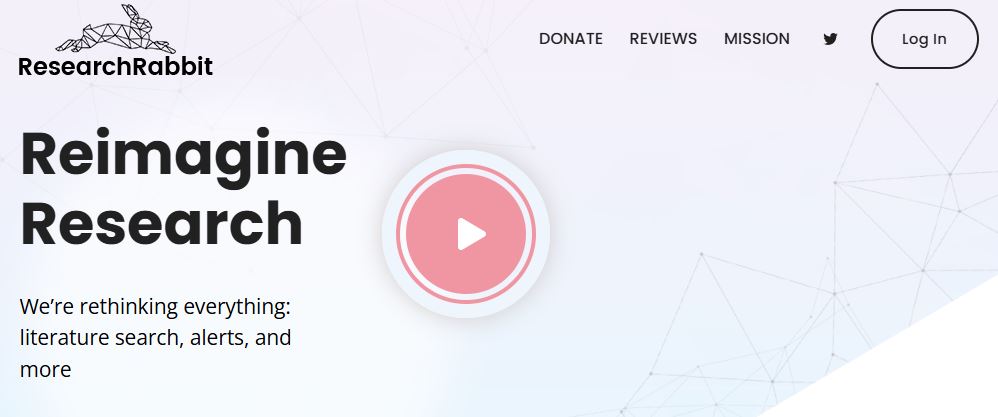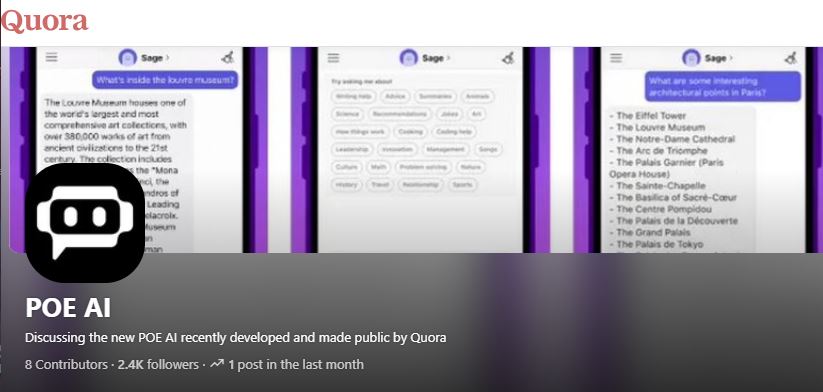Artificial intelligence (AI) is revolutionizing the way we approach research by offering advanced tools that simplify and enhance the process. Whether you’re conducting academic research, solving complex problems, or simply satisfying your curiosity, the best AI ask research today tools are here to help. This blog post provides a detailed overview of the best AI ask research tools today, highlighting their features, pros, and cons to help you choose the right one.

What Makes the Best AI Ask Research Today Tool?
The best AI ask research tools share several essential characteristics:
- Accuracy and Reliability: They provide precise and credible information.
- User-Friendly Interface: Designed for users of all skill levels.
- Subject Coverage: Capable of addressing a wide range of topics.
- Customization and Personalization: Tailored results to fit your unique needs.
- Speed and Efficiency: Quick responses to save time.
Best AI Ask Research Tools
1. ChatGPT by OpenAI

Key Features
- Advanced natural language processing.
- Provides detailed and conversational answers.
- Supports a wide range of topics.
Pros
- User-friendly and versatile.
- Offers free and premium plans.
- Ideal for both casual and academic research.
Cons
- May provide outdated or incorrect information.
- Limited in-depth analysis for niche topics.
2. Wolfram Alpha
Key Features
- Computational knowledge engine.
- Excels in math, science, and technical research.
- Offers step-by-step explanations.
Pros
- Highly accurate for STEM subjects.
- Visual representations of data.
- Handles complex calculations.
Cons
- Limited general knowledge support.
- Steeper learning curve for beginners.
Also Read: 10 Best AI Video Generator with Human Avatar
3. Google Bard
Key Features
- Google’s AI-powered conversational tool.
- Provides real-time web-based information.
- Supports follow-up queries for clarity.
Pros
- Up-to-date information from the internet.
- Intuitive interface with contextual understanding.
- Ideal for diverse research topics.
Cons
- Responses may vary in depth.
- Dependent on internet connectivity.
4. Perplexity AI
Key Features
- AI search tool with instant summaries.
- Sources information from reputable platforms.
- Offers links for further exploration.
Pros
- Free and fast results.
- Provides citations for credibility.
- Excellent for quick fact-checking.
Cons
- Limited advanced research capabilities.
- Lacks interactivity compared to conversational tools.
5. Elicit
Key Features
- AI tool designed for literature reviews.
- Helps find relevant academic papers.
- Provides summaries of research findings.
Pros
- Tailored for academic use.
- Streamlines literature searches.
- Saves significant time.
Cons
- Requires some familiarity with research methods.
- Limited scope outside academic literature.
6. Research Rabbit

Key Features
- AI-powered research assistant for academic work.
- Connects related studies for deeper insights.
- Offers visual graphs for citation networks.
Pros
- Ideal for academic research and study.
- Helps discover relevant but overlooked studies.
- Free to use.
Cons
- Limited to scholarly work.
- Less effective for non-academic research.
7. You.com
Key Features
- AI-powered search engine with customizable results.
- Supports research in text, code, and images.
- Interactive chat for enhanced queries.
Pros
- Offers privacy-focused searches.
- Flexible and intuitive.
- Covers diverse topics efficiently.
Cons
- Less established compared to Google.
- Limited niche research capabilities.
8. Semantic Scholar
Key Features
- AI-powered academic database.
- Provides access to millions of research papers.
- Highlights key points for quick understanding.
Pros
- Free access to academic resources.
- Excellent for scholarly research.
- User-friendly and precise.
Cons
- Focused solely on academic content.
- Requires familiarity with scholarly work.
9. Neeva AI
Key Features
- Ad-free AI search engine.
- Combines user privacy with accurate results.
- Summarizes findings for better comprehension.
Pros
- Private and secure search experience.
- Great for personal and academic research.
- Offers a clean, distraction-free interface.
Cons
- Paid subscription required for full features.
- Smaller database compared to larger platforms.
10. Quora Poe

Key Features
- AI assistant integrated into the Quora platform.
- Provides direct answers to user questions.
- Leverages community insights for research.
Pros
- Diverse answers from AI and real users.
- Free and easy to access.
- Great for opinion-based questions.
Cons
- Responses may lack depth or credibility.
- Limited to Quora’s community-sourced content.
AI Ask Research Tools at a Glance
Discover the best AI tools for research, with detailed overviews of their features, benefits, and limitations to help you choose the perfect solution.
| Tool | Key Features | Pros | Cons |
|---|---|---|---|
| ChatGPT | Versatile, conversational AI | Free, user-friendly | Occasional inaccuracies |
| Wolfram Alpha | Computational engine | Great for STEM, visual data | Limited general knowledge |
| Google Bard | Real-time web search | Up-to-date, contextual understanding | Inconsistent depth |
| Perplexity AI | Instant summaries with citations | Fast, credible | Limited advanced capabilities |
| Elicit | Academic literature reviews | Streamlined academic research | Requires research experience |
| Research Rabbit | Citation connections | Discover related studies | Academic focus only |
| You.com | Customizable AI search engine | Privacy-focused, intuitive | Smaller database |
| Semantic Scholar | Academic paper access | Free, precise | Solely for academic research |
| Neeva AI | Ad-free AI search | Private, distraction-free | Subscription required |
| Quora Poe | Integrated with Quora | Diverse opinions | Lacks depth for detailed research |
Final Thought on AI Ask Research Tools
The best AI ask research today tools empower users to access information quickly and efficiently. Whether you’re looking for academic resources, STEM solutions, or general research assistance, there’s a tool tailored to your needs. Choose the one that best aligns with your requirements to enhance your research experience.
Interesting Reads
How to Build a Website with WordPress




